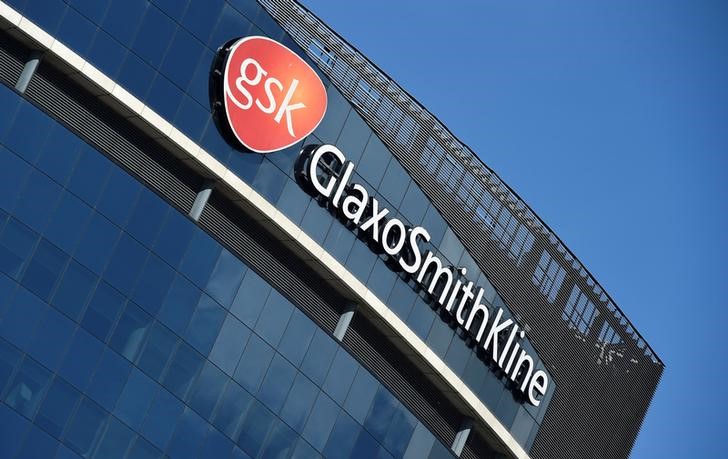(Reuters) – An experimental drug for rheumatoid arthritis developed by Johnson & Johnson and GlaxoSmithKline slowed joint damage and improved symptoms of the disease, meeting the main goals of a large, late stage trial, according to data released on Tuesday.
In the study of 1,670 patients who were not helped by older disease-modifying treatments, the injectable biotech drug sirukumab after one year led to significantly less joint erosion and joint space narrowing than a placebo, researchers found.
Using a scoring method to measure changes in joint damage as viewed by X-ray in which higher scores indicate greater structural damage, patients who received a placebo had a score of 3.69. That compares with a score of 0.50 for those who received 50 milligrams of sirukumab every four weeks and 0.46 for those who took 100 mg every two weeks.
The results, which were due to be presented at a European rheumatology meeting in London on Saturday, were deemed by researchers to be highly statistically significant.
Sirukumab also led to at least a 20 percent improvement in signs and symptoms of the condition after 16 weeks of treatment at twice the rate of placebo. In the 50 mg group, 54.8 percent of patients experienced the improvement, while 53.5 percent of those who received the 100 mg dose saw at least 20 percent improvement. That compared with 26.4 percent for placebo.
A 50 percent improvement in disease signs and symptoms was experienced by at least 30 percent of sirukumab patients versus 12 percent for the placebo group.
“The results from this Phase III study showed significant inhibition of the progression of joint damage for sirukumab and improvements in the pain and inflammation patients with rheumatoid arthritis experience when not adequately controlled with traditional disease-modifying agents,” Tsutomu Takeuchi, the study’s lead researcher and a rheumatology expert from Keio University in Tokyo, said in a statement.
Serious adverse side effects were higher in the groups that received the J&J drug compared with placebo, at 11 percent for 50 mg and 9.8 percent 100 mg for sirukumab versus 6.8 percent for placebo.
Eleven patients in the study died, J&J said, including seven from the sirukumab groups and three patients originally on placebo who switched to sirukumab after week 18.
Long-term safety data is being collected and evaluated from the sirukumab Phase III program, J&J said.
(Reporting by Bill Berkrot; Editing by Bernard Orr)


